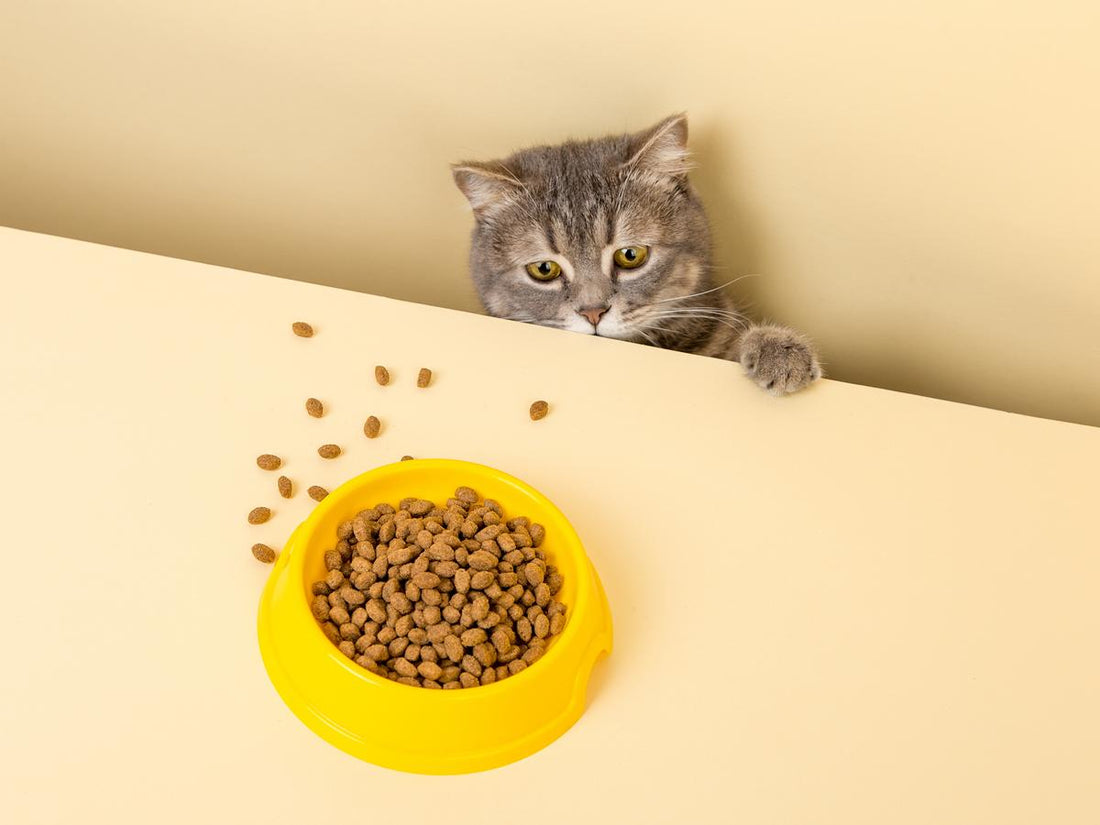Pet Food Myths & Misconceptions

Pet owners always want what's best for their furry companions, and that includes their diet. However, the world of pet food is riddled with myths and misconceptions that can lead to confusion. In this article, we'll debunk some of these myths while shedding light on the importance of making informed decisions when it comes to your pet's nutrition.
Myth: Homemade Diets Are Always Better
One common myth suggests that homemade diets are superior to commercial pet food. While homemade meals can be nutritious, they require careful planning and balance. Many homemade diets lack essential nutrients, leading to deficiencies that can harm your pet's health. Commercial pet foods are formulated by experts to provide a complete and balanced diet, making them a convenient and reliable option. However, it's crucial to choose high-quality brands and consult with your veterinarian for the best choice for your pet's specific needs.
Myth: All Pet Foods Are Created Equal
Not all pet foods are equal in terms of quality and nutritional value. Some cheaper options may contain fillers and low-quality ingredients, which can lead to health problems over time. To ensure your pet receives the best nutrition, look for pet foods with high-quality protein sources, minimal fillers, and appropriate levels of essential nutrients.
Myth: All Commercial Pet Food Is Safe and Nutritious
Not all commercial pet foods are created equal. While many are safe and nutritious, some may contain low-quality ingredients or fillers. It's essential to research and choose reputable pet food brands that prioritize your pet's health. Consulting with your veterinarian can also help you make informed choices.
Myth: Pets Should Be Fed On a Strict Schedule
Many pet owners believe that feeding pets on a strict schedule is crucial. However, pets can adapt to flexible feeding times, and some even benefit from it. Consult with your veterinarian to establish a feeding routine that aligns with your pet's individual needs and lifestyle, which may not necessarily require rigid scheduling.
Myth: Dry Food Is the Only Option
Some pet owners believe that dry kibble is the only acceptable form of pet food. However, wet food and even a combination of wet and dry food can be suitable choices. Wet food can help with hydration and may be preferable for pets with dental issues. The key is to choose a diet that meets your pet's individual needs, taking into account factors like age, breed, and any specific health concerns.
In the world of pet nutrition, misinformation can easily lead pet owners astray. It's crucial to base your decisions on scientific evidence and consult with your veterinarian to ensure your pet's diet is balanced and appropriate. By debunking these myths and misconceptions, you can provide your furry friend with the best possible nutrition for a happy and healthy life.






